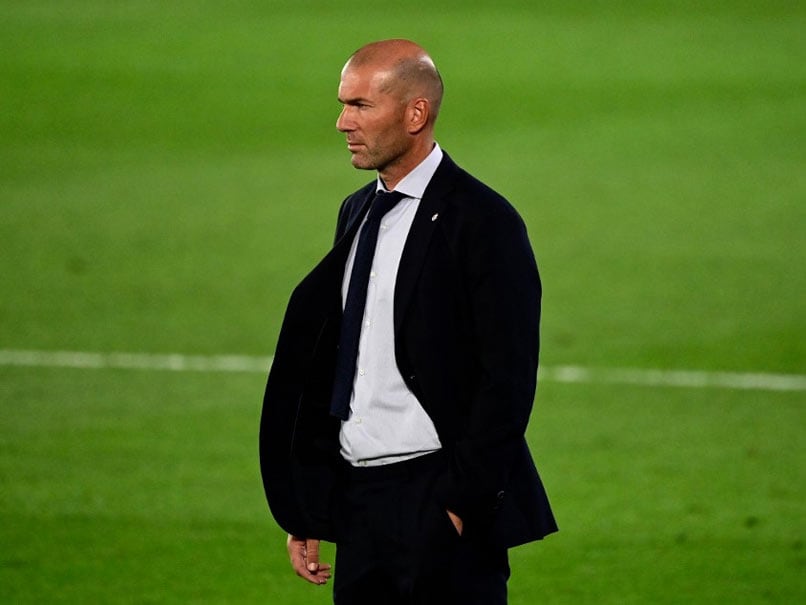The past decade has seen a dramatic transition in the English Premier League and European Football in general. The worldwide popularity of the game has made football clubs, especially those at the top, wealthier. For example, the operating revenue for Manchester United FC has increased from 518 million euros in the 2014-2015 season to 711 million euros in the 2018-2019 season. The desire to win prestigious titles like the Premier League and Champions League has led clubs and leagues to make significant investments and changes in selecting players and hiring managers.
The plethora of cup and league titles to compete for has prompted clubs to expand their rosters. Chelsea FC, one of the most prominent English clubs, currently has 29 players on their squad for the 2020-2021 season. In a recent interview with Chelsea TV, club manager Frank Lampard highlighted the importance of a larger squad.
“It’s always a tough element of the job at this moment at this level, because we need a big squad because we are going to be competing on so many levels, and players want to play week in, week out,” Lampard said. “I need those options. It’s a long season and we need different ways of breaking down teams.”
While more competitions present more opportunities to play, they also come with more opportunities for injury. Larger squads are necessary to allow for more options while competing and to give players the chance to recover. Current Premier League champions Liverpool FC has a squad of 35 players for the 2020-2021 season.
Another recent trend, hiring young ex-players to fill management positions, is also popular with several top clubs in European leagues. Examples include Zinedine Zidane for Real Madrid, Frank Lampard for Chelsea, Ole Gunnar Solskjær for Manchester United, and Mikel Arteta for Arsenal. Owners of top clubs are putting more faith in players-turned-managers than the conventional choices available to them. Recent ex-players are more in tune with the demands of the contemporary game and can understand players better, allowing them to lead their teams to perform at the highest level possible.
European football has also become more physical over time, as managers expect higher levels of fitness from players. Cesc Fabregas, an extremely technically gifted player, reflected on the preference given by managers to physically strong and agile players over technically gifted ones in an interview with BBC Sounds.
“When Antonio Conte [manager] first came to Chelsea, I didn’t really play the first three months,” Fabregas said. “He made it clear that he wanted another type of midfielder, [someone] strong and physical. They signed another player [and] I didn’t play the whole season. I had an injury as well and didn’t really feature at all. ”
A large squad for teams can lead to more interesting formations in different competitions. Managers who were once players can be more empathetic towards current players about the challenges of the modern game. A more physical game can make the already existing rivalries between clubs more riveting. This transition in European football will hopefully lead to a more exciting future for the world’s most popular game.









